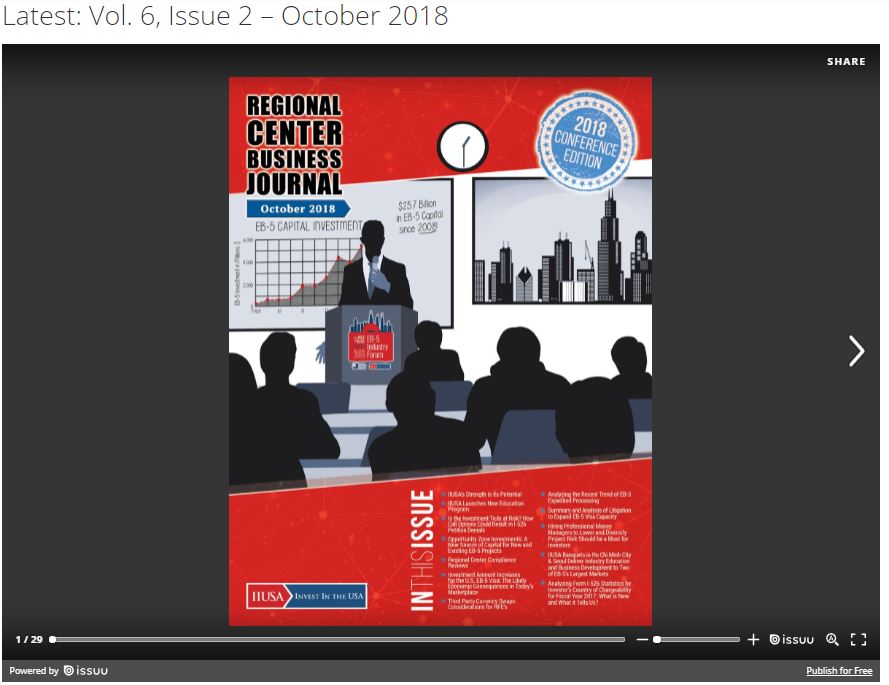by Jennifer Hermansky, Shareholder Greenburg Traurig
Various countries have set internal currency controls that restrict the amount of foreign currency that can be purchased each year by an individual, including countries which originate a significant amount of EB-5 investors, such as Mainland China, Vietnam, India, and certain Middle Eastern and African nations. In some countries, it may be impossible or illegal to purchase U.S. dollars, and in others, the amount of U.S. dollars that can be purchased each year and transferred out of the country may be substantially restricted. Investors with funds in these countries must exchange their funds into U.S. dollars to make an EB-5 investment in the U.S.
As a result, it is common for EB-5 investors to enter into a private “currency swap,” a contractual arrangement whereby the investor purchases U.S. dollars from a party holding that currency outside of the restricted country. Unlike currency transactions in an open market, these private transactions are oftentimes outside of a regulatory framework. However, without such private currency swaps, EB-5 investors may be unable to transfer funds to the U.S. given the currency restrictions in their country of citizenship.
For years, USCIS accepted “currency swaps” as an acceptable method for transferring funds to the U.S., perhaps implicitly recognizing that certain foreign countries have currency exchange rules that would prohibit foreign nationals from those countries from transferring funds to the U.S. for an EB-5 investment, even if their funds were acquired lawfully. Additionally, the U.S. does not have such currency restrictions, and consequently, violating a foreign currency rule does not translate into an equivalent offense under U.S. law. As a result, U.S. Citizenship and Immigration Services (“USCIS”) did not generally examine the background of the other party providing the U.S. dollars in the currency swap. Recently however, USCIS has shifted their policy through adjudication of I-526 Petitions and, as part of their examination of the lawful source of funds of the investor, is examining the source of the U.S. dollars used by the other party in the currency swap.










